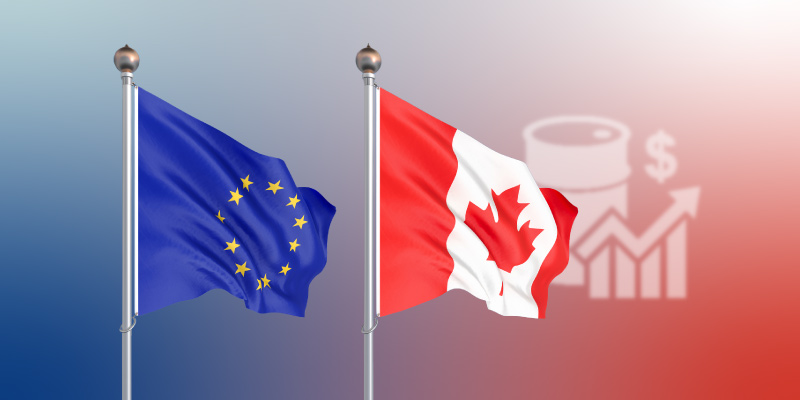 Chapter 1: When is it Appropriate to Run Budget Deficits?
Chapter 1: When is it Appropriate to Run Budget Deficits? Chapter 2: James M. Buchanan and the Political Economy of Debt Financing
Chapter 2: James M. Buchanan and the Political Economy of Debt Financing Chapter 3: Low Interest Rates and the Cost of Government Debt
Chapter 3: Low Interest Rates and the Cost of Government Debt Chapter 4: Canada's Budget and Deficit Cuts in the Late 20th Century: An Amazing Success Story
Chapter 4: Canada's Budget and Deficit Cuts in the Late 20th Century: An Amazing Success Story Read the News Release - Chapter 1 and 2
Read the News Release - Chapter 1 and 2 Read the News Release - Chapter 3 and 4
Read the News Release - Chapter 3 and 4






